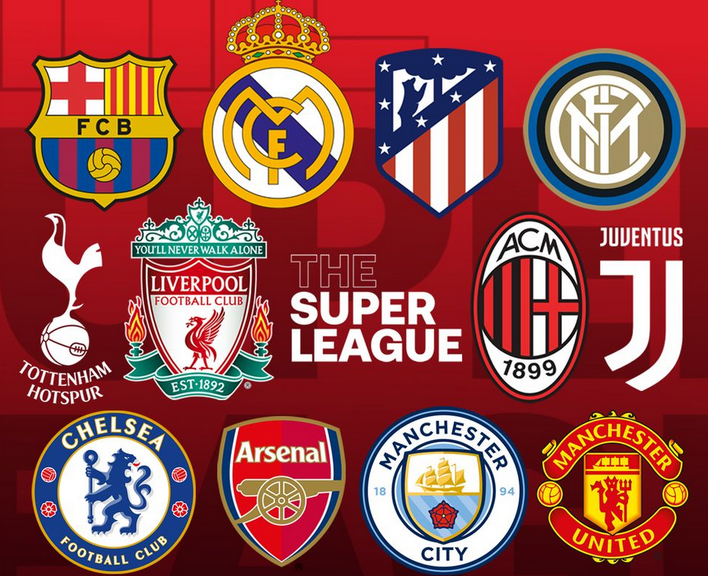
Mooted Super League breakaway shines light on poor governance in UK football
THE lack of a strategy to address Super League proposals from the Football Association and English Football League was no surprise given existing extensive empirical research on the role of independent directors in the sports sector. In surveys, discussions and interviews independently conducted by Henley Business School for my book Independent Director in Society co-authored with Andrew Kakabadse and Filipe Morais, we consulted directors from many sports sectors including various association football clubs. These included Walsall, Plymouth, Celtic and Southampton.
The structural problem of fragmentation within and across the English football leagues makes offering a thoughtful co-ordinated rather than knee jerk response to the Super League proposition problematic. Even before you factor in the lack of accountability, unclear governance and a lack of skills and experience commonly found fitted as standard within football.
Despite all this, the kind of complacency that has seen the Super League even protractedly get off the ground – before being ignominiously abandoned shortly afterwards - is little shock given directors in sports regularly drink their own bathwater so rate themselves higher than any other sector surveyed.
Generally our survey results make for grim reading for football (and many other sports!). Far too many directors and trustees responded to questions by saying “don’t know”. It isn’t promising that – when assured of full confidentiality and anonymized reporting – the current existing football culture of secrecy and ‘teacher knows best’ (often when teacher clearly doesn’t) is also the commonest response coming from many our sports boardrooms.
Some interviewees claim this “not knowing” is because of a confusion over the nature and purpose of their organisations. Are they commercially driven profit maximisers or community assets? Others spoke of a lack of diversity, and of boards recruiting directors “who they think will give them a less challenging time”. People often become directors of football clubs because they are passionate about the sport, but that too can compromise the formulation of effective business strategies and also hampers independence. “If you’re a fan of the sport, you really need to be able to separate yourself from that in order to provide check and challenge,” said one interviewee.
Further compounding matters, engagement levels are often poor. Additionally, nineteen per cent report that their board do not have a “strategy day”, leaving an open question as to how strategy is made in these boards—is there a formal strategy at all? —predictably outside experts are rarely invited to board meetings to give advice.
Henley Business School have produced a free to download report here that covers the UK sports sector as a whole that includes their work within the football sector.
Photo credit: news.sky.com
